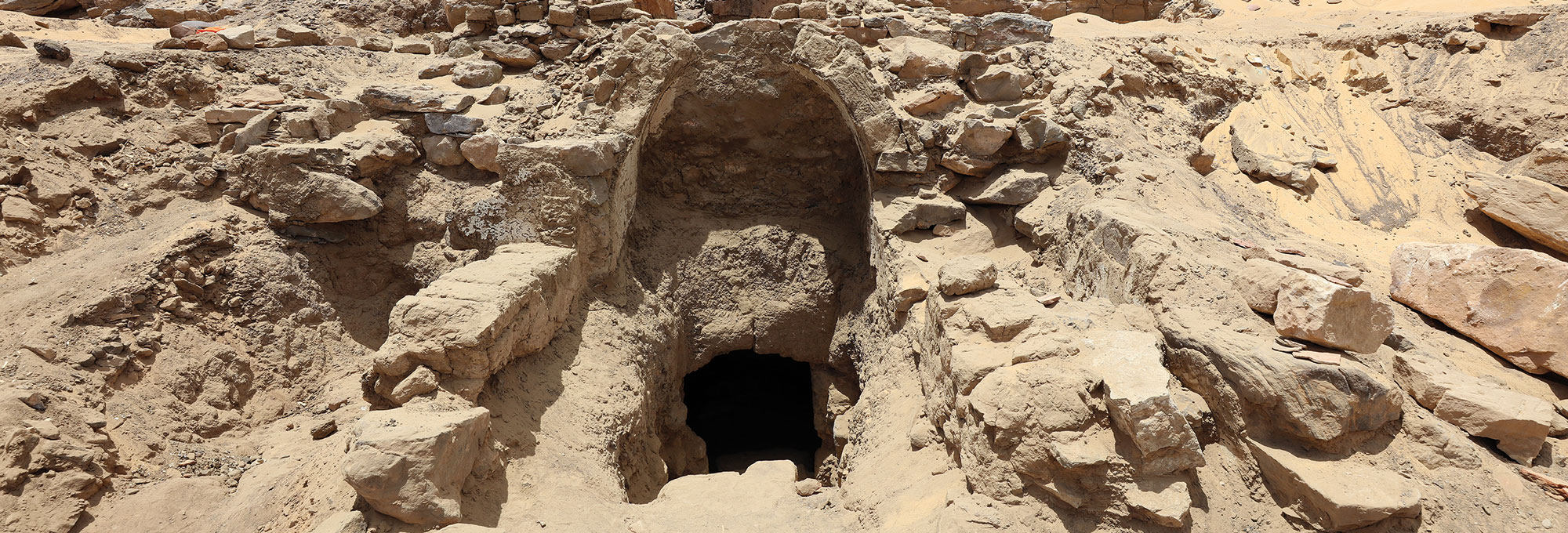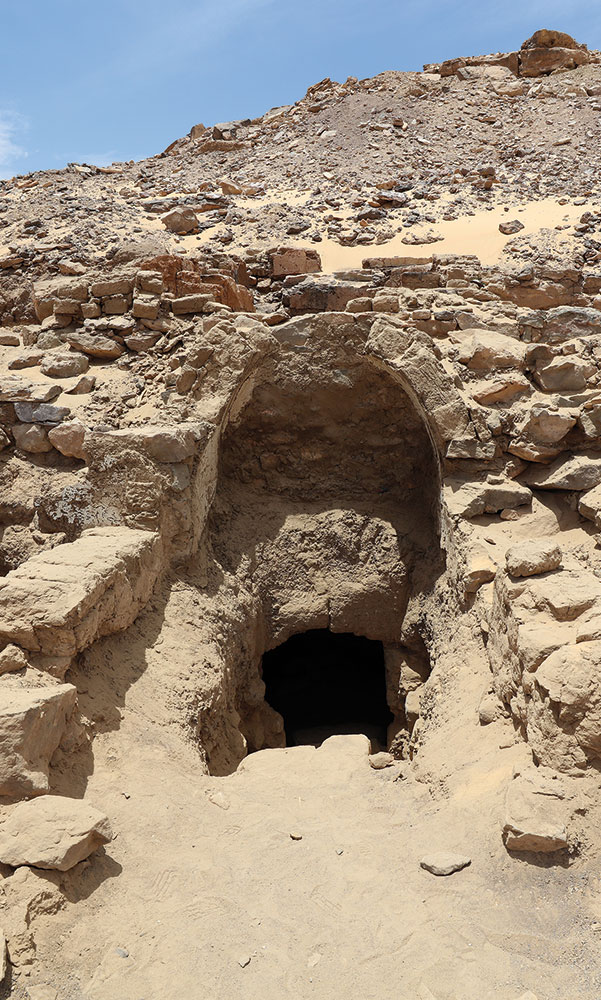CAIRO, EGYPT—According to a Reuters report, more than 1,000 stone blocks from the foundation wall of Queen Hatshepsut’s funeral temple and the tomb of Queen Teti Sheri have been discovered in Deir el-Bahari by archaeologist Zahi Hawass and his colleagues. Hatshepsut ruled Egypt from about 1479 B.C. until her death around 1458 B.C. “This is the first time that we discovered 1,500 decorated blocks, the most beautiful scenes I’ve ever seen in my life with the color,” Hawass said. The excavation also uncovered a limestone tablet bearing the name of Senmut, Hatshepsut’s architect. Teti Sheri was grandmother of Ahmose, who defeated the ruling Hyksos invaders and became the first pharaoh of the New Kingdom period around 1550 B.C. Her tomb was carved into the rock at the end of a mudbrick vaulted chapel, and was decorated with red wall drawings on a layer of white mortar. To read more about 18th Dynasty monuments, go to "Rediscovering Egypt's Golden Dynasty."
Blocks From Queen Hatshepsut’s Funerary Temple Found in Luxor
News January 10, 2025
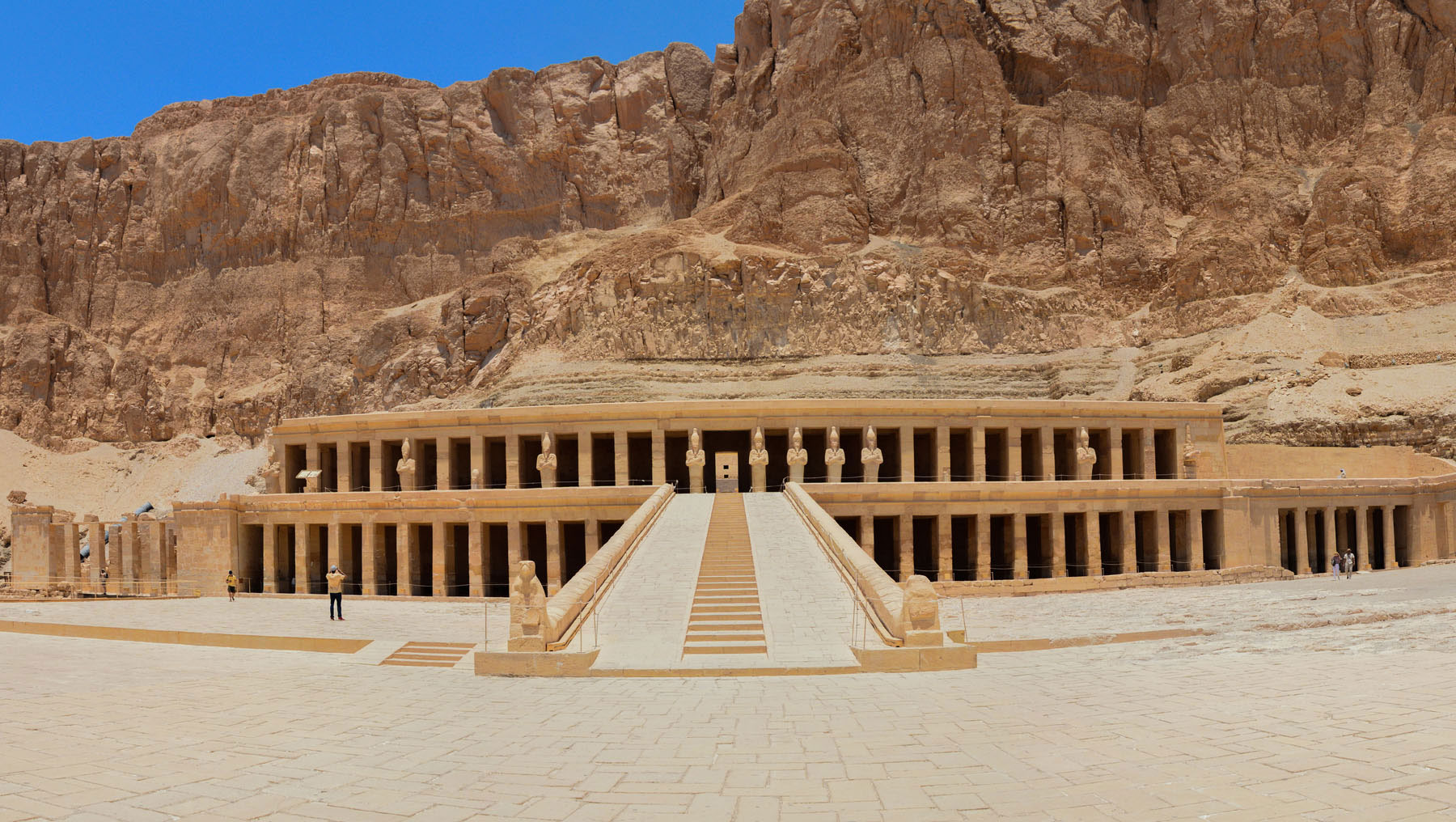
Recommended Articles
Digs & Discoveries September/October 2025
Crypto Power
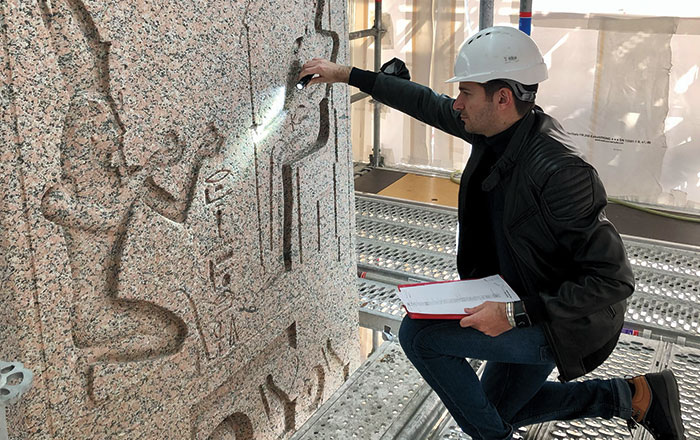
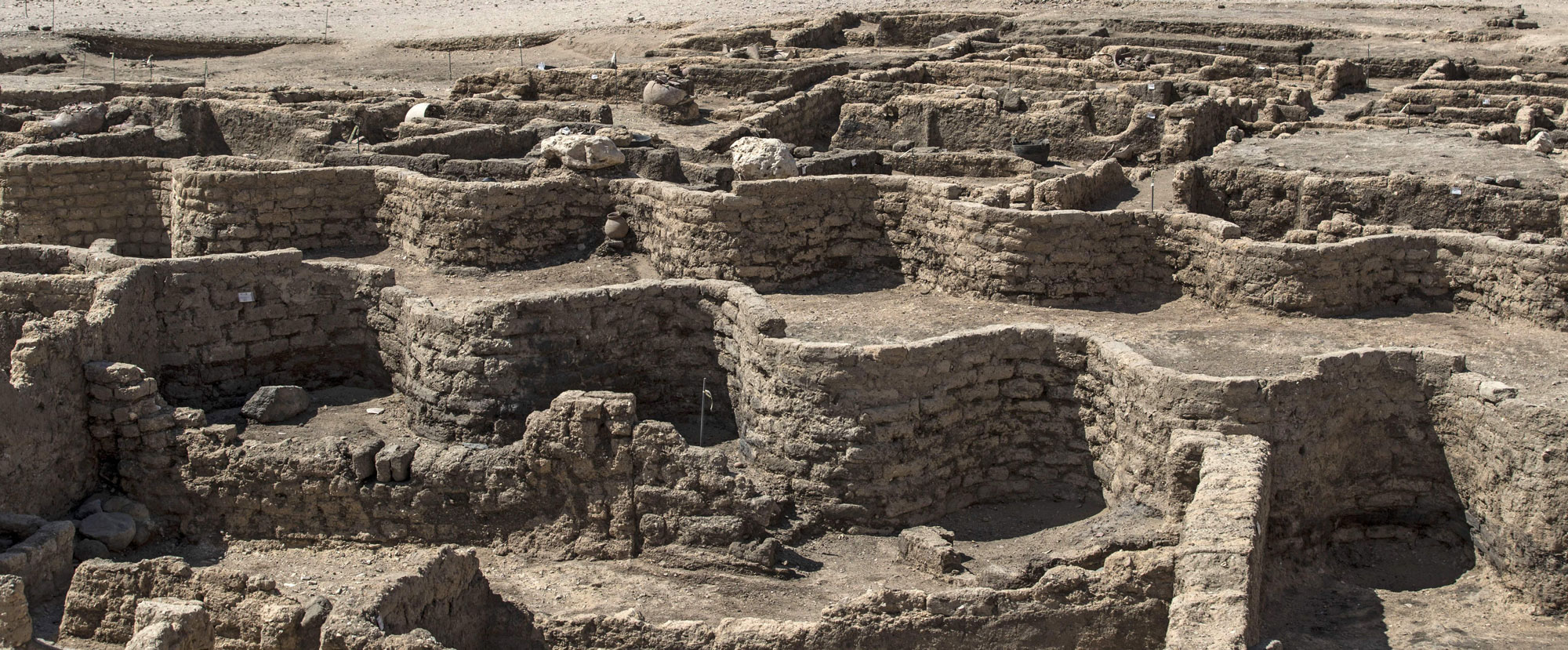
Digs & Discoveries July/August 2021
Lost Egyptian City
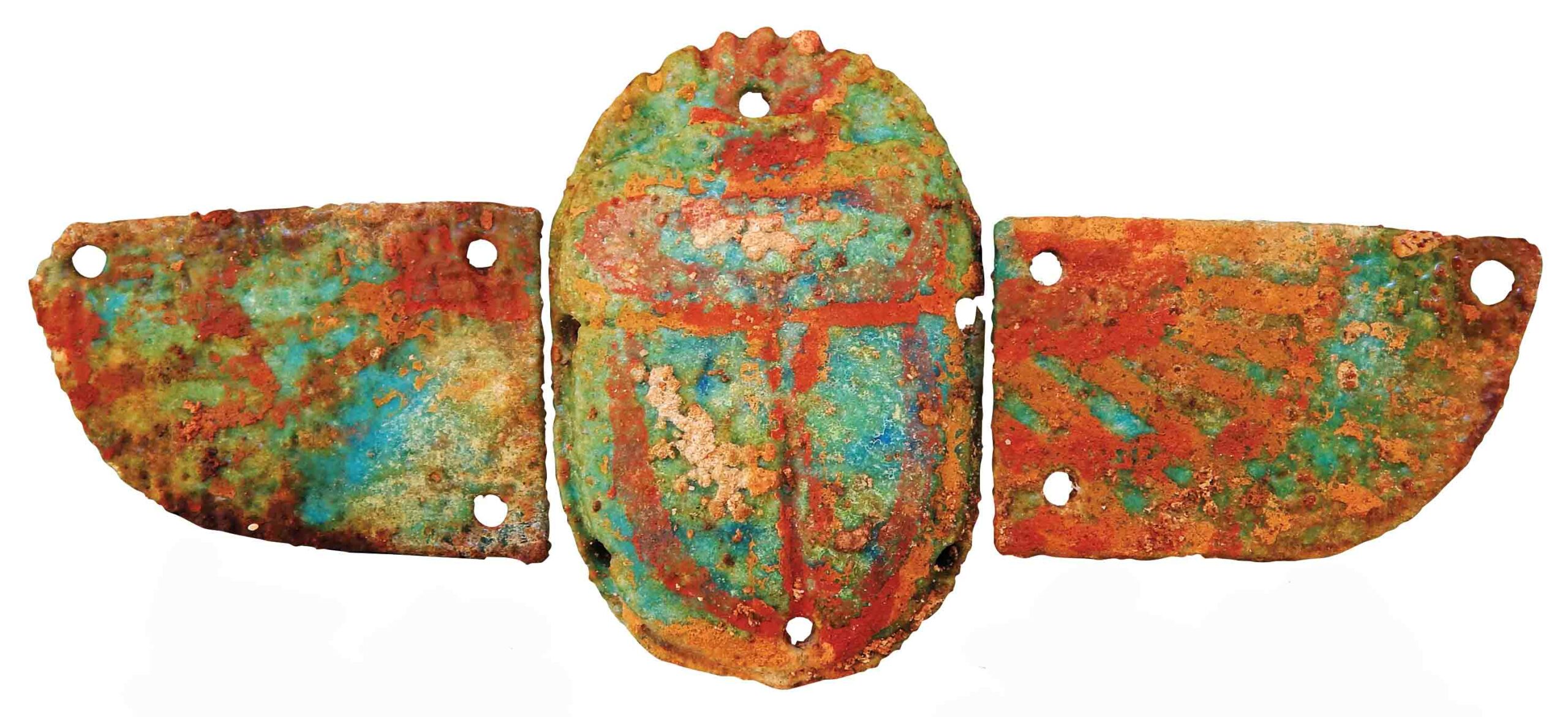
Digs & Discoveries March/April 2019
Reburial in Luxor
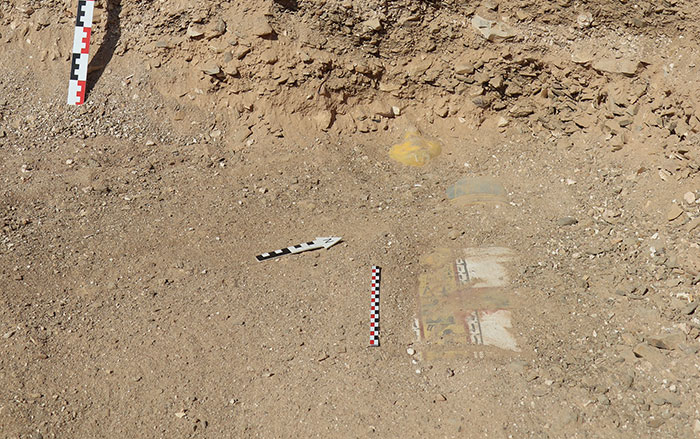
-
Features January/February 2025
Dancing Days of the Maya
In the mountains of Guatemala, murals depict elaborate performances combining Catholic and Indigenous traditions
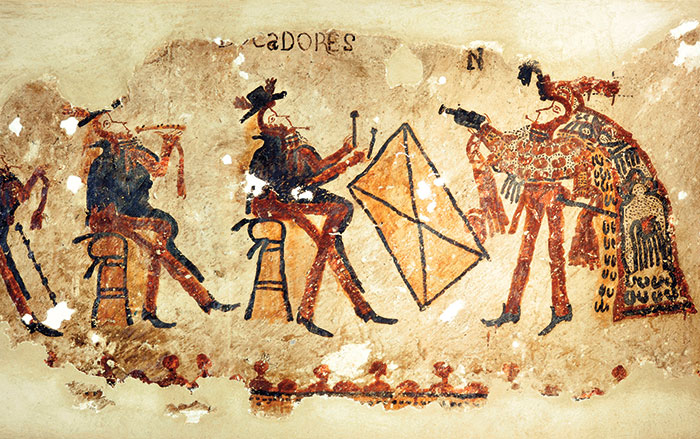 Photograph by R. Słaboński
Photograph by R. Słaboński -
Features January/February 2025
Unearthing a Forgotten Roman Town
A stretch of Italian farmland concealed one of the small cities that powered the empire
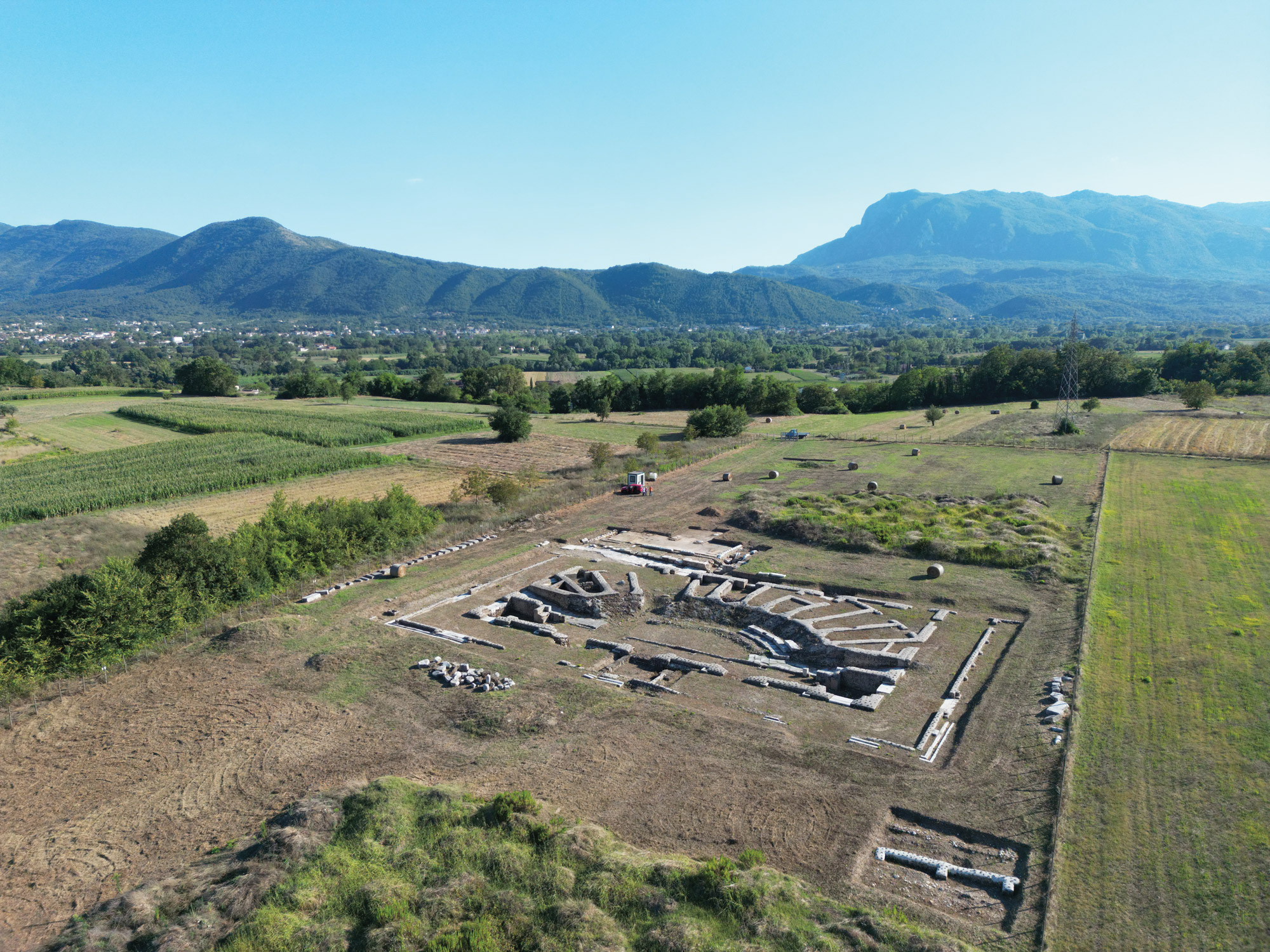 Photo Courtesy Alessandro Launaro
Photo Courtesy Alessandro Launaro -
Features January/February 2025
Medieval England’s Coveted Cargo
Archaeologists dive on a ship laden with marble bound for the kingdom’s grandest cathedrals
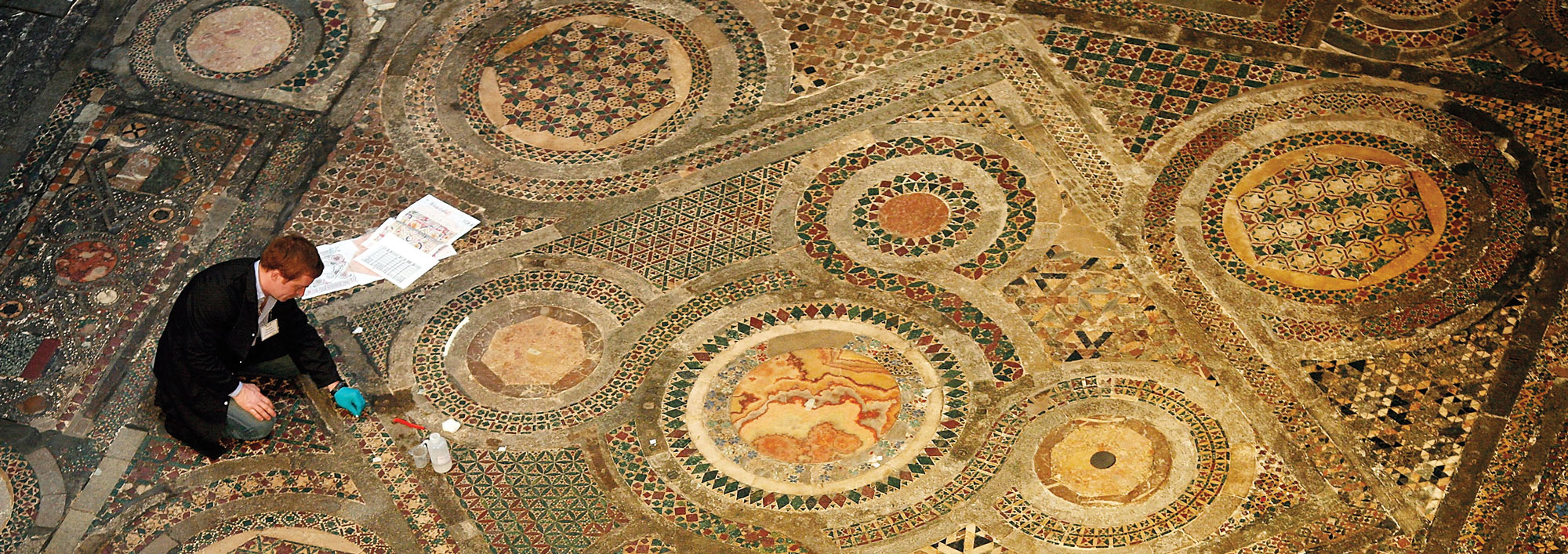 Peter Macdiarmid/Getty Images
Peter Macdiarmid/Getty Images -
Features January/February 2025
Lost Greek Tragedies Revived
How a scholar discovered passages from a great Athenian playwright on a discarded papyrus
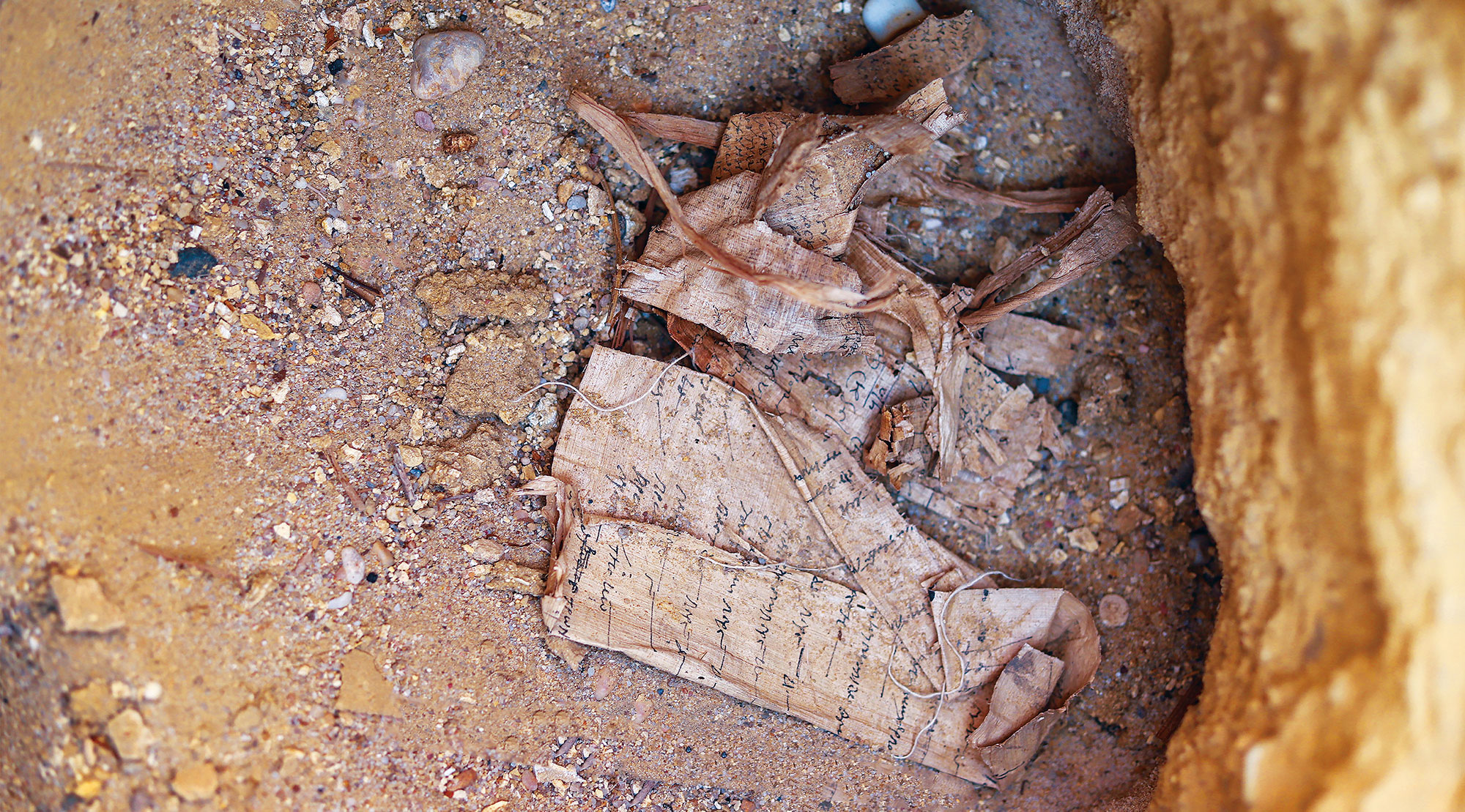 Egyptian Ministry of Tourism and Antiquities
Egyptian Ministry of Tourism and Antiquities


